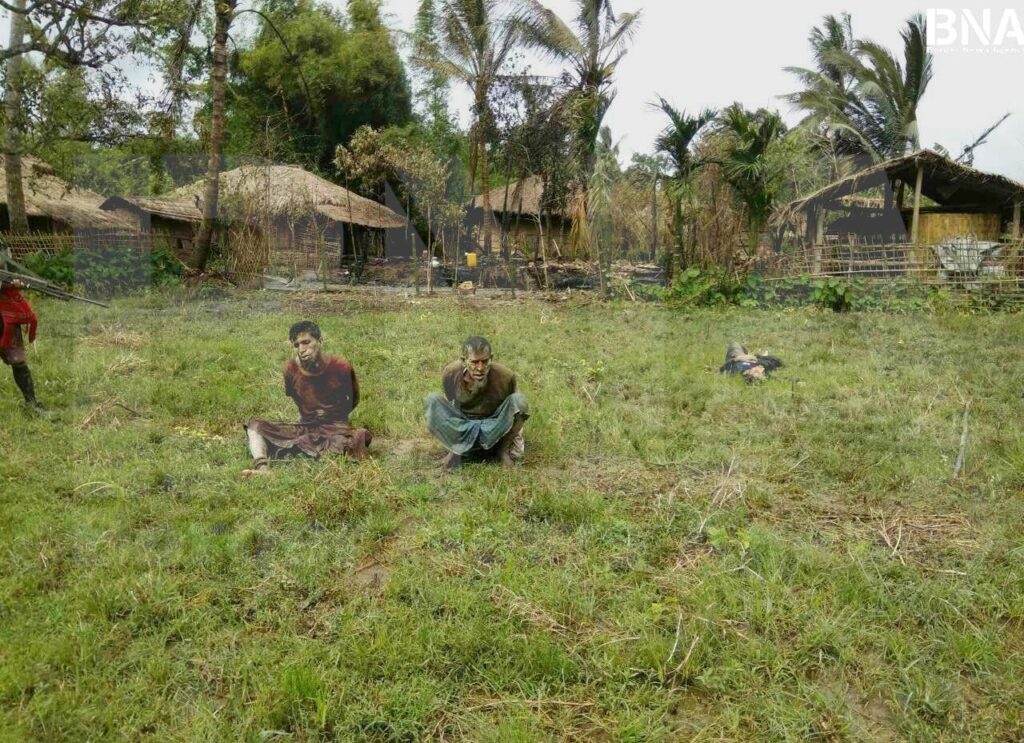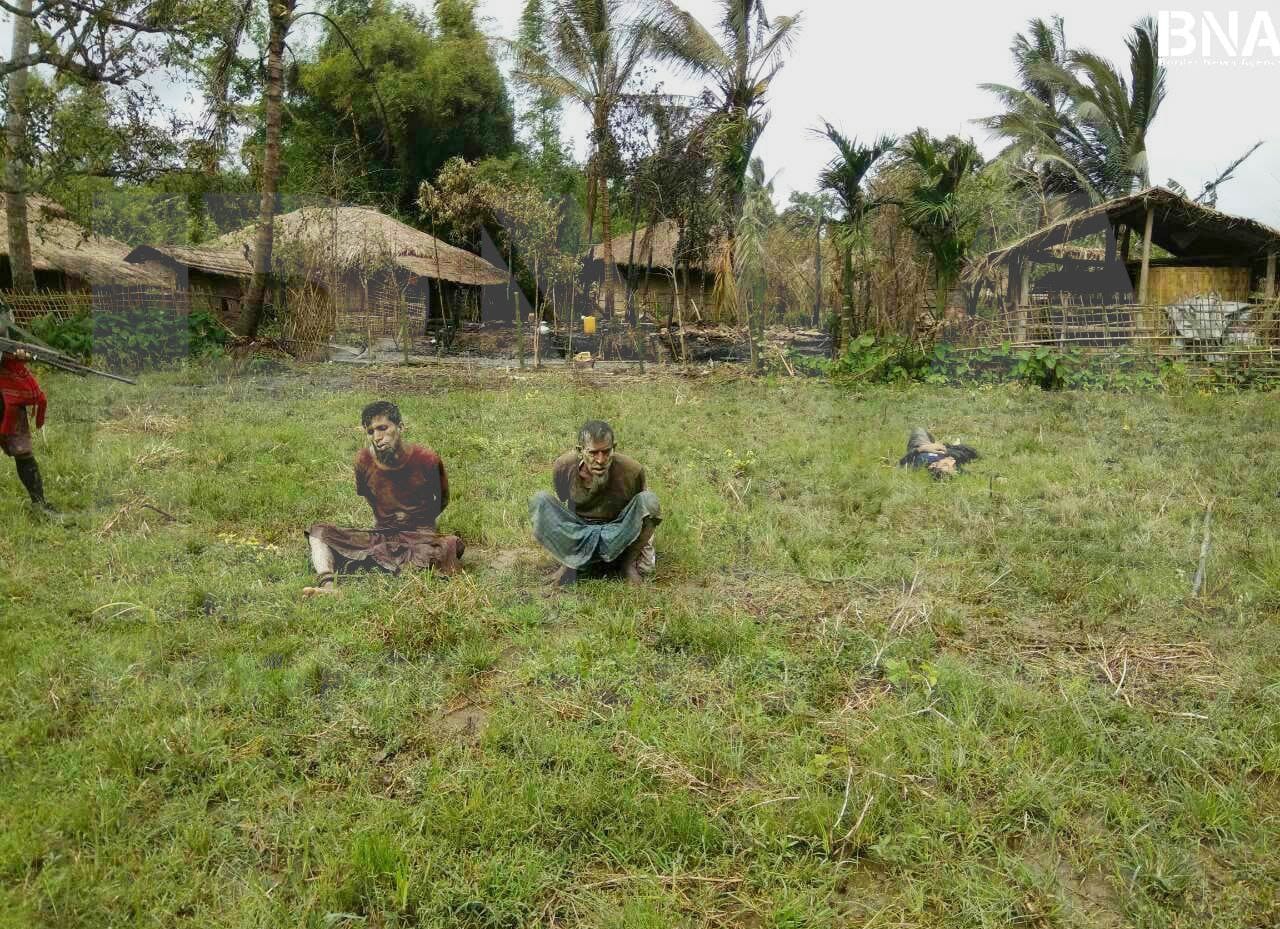Decades May Pass Before Rohingyas Are Repatriated
Border News Agency
Maungdaw, August 4
Observers monitoring the situation in Rakhine state have stated that the repatriation of Rohingya refugees from Bangladesh could take decades. They noted that the ongoing armed conflicts across Myanmar, including Rakhine, and the absence of a legitimate civilian government to facilitate the repatriation process are contributing to the delays.
Additionally, incidents of violence committed by armed groups claiming to represent the Rohingya in Maungdaw district, such as attacks on civilians and the destruction of homes in Buthidaung, have decreased the local population's trust and acceptance of the repatriation process.
“Incidents in Buthidaung where Muslims have committed acts of violence also diminish trust among the Rakhine population. Although these acts are reportedly prompted by the military, the resulting destruction and arson have created dissatisfaction among the townsfolk. The military’s aggressive operations in Maungdaw demonstrate that the ULA/AA is unnecessary. These factors could delay the repatriation process by decades,” an observer told Border News Agency.
Furthermore, there is a need for international recognition of the Arakan People’s Government under the ULA/AA by Bangladesh and the international community to ensure stability and reconstruction, which might also take decades even if the military junta is driven out of Rakhine.
The Arakan People’s Government has established border guards, immigration departments, and conducted population censuses for Maungdaw, which are crucial for starting formal repatriation discussions with Bangladesh and the international community. For successful repatriation, the involvement of the Bangladeshi government, the international community, and the active participation of the Rohingya community are crucial. It’s imperative that the Rohingya community officially rejects armed groups acting in their name and clarifies their stance to the world.
“The stance of the Rakhine people on Rohingya repatriation is crucial. The ULA/AA also needs to trust and accept the Rohingya. The Rohingya community must officially oppose the violent acts committed in Maungdaw and Buthidaung in their name for the repatriation process to be smooth,” another observer commented to Border News Agency.
The governments of Bangladesh and the Arakan People’s Government had a meeting in Dhaka last March, where Bangladesh demanded commitments for Rohingya repatriation. However, due to the ongoing revolutionary period, the Arakan People’s Government could not make any firm promises, leading to no concrete agreements from the meeting, according to Border News Agency.
In 2017, over 600,000 Muslims from Maungdaw, Buthidaung, and Rathedaung townships fled to Bangladesh due to clearance operations by the Myanmar military. These operations, which involved the burning of 362 Rohingya villages, were described by Human Rights Watch as genocide on March 12, 2018.
The Rohingya refugees in Bangladesh’s camps face numerous hardships, including issues related to food, education, health, and natural disasters. They also confront threats from human traffickers and armed groups, as reported by the Rohingya community.
Some Rohingya hope to return home if the Arakan People’s Government under the ULA/AA gains control over Rakhine and facilitates the repatriation process. They express trust and support for the Arakan People’s Government, hoping for a safe return.
(Photo: Muslims being detained and killed by the Myanmar military in Maungdaw township, August 2017/BNA)


